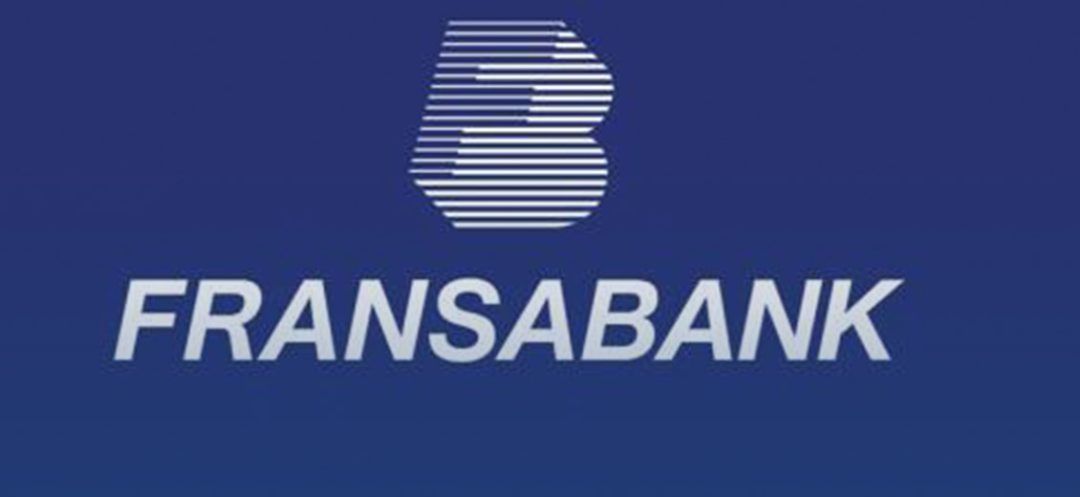
The quarterly index published by Fransabank and the Beirut Traders Association (BTA) to measure activity in the retail sector showed a sharp decline in performance in the fourth quarter of 2023, due to regional events and their direct impact on economic activity in general and commercial activity in particular.
The index took a new starting point to track the evolution of the combined retail trade movement from the fourth quarter of 2019. This starting point is equal to 100 points—Base 100, which is useful for observers to calculate changes. It aims to be a true indicator of the evolution of commercial markets in Lebanon since that critical moment, which can be considered a major milestone in the transformation of the Lebanese economy.
The aggregated fluctuations of actual company figures—weighted by the official inflation rate as reported by the Central Statistics Bureau—have been calculated regularly and quarterly. Since that date, the national economy has begun to take a steep downward trajectory interspersed with periods of timid cyclical respites. A continuous decline in most sectors has characterized consumption activity.
With the acceleration of events on the regional scene during the last quarter of 2023, in addition to all their immediate repercussions on the economic and social scene in Lebanon, deflationary pressures have increased to severely constrain consumer movement in Lebanese markets. All this discouraging data has been accompanied by an increase in the inflation index (between the fourth quarter of 2022 and the fourth quarter of 2023) reaching an increase of +192.26%, which is still considered one of the highest rates in the world. Similarly, this index jumped at a quarterly rate of 20.25%.
The index took a new starting point to track the evolution of the combined retail trade movement from the fourth quarter of 2019. This starting point is equal to 100 points—Base 100, which is useful for observers to calculate changes. It aims to be a true indicator of the evolution of commercial markets in Lebanon since that critical moment, which can be considered a major milestone in the transformation of the Lebanese economy.
The aggregated fluctuations of actual company figures—weighted by the official inflation rate as reported by the Central Statistics Bureau—have been calculated regularly and quarterly. Since that date, the national economy has begun to take a steep downward trajectory interspersed with periods of timid cyclical respites. A continuous decline in most sectors has characterized consumption activity.
With the acceleration of events on the regional scene during the last quarter of 2023, in addition to all their immediate repercussions on the economic and social scene in Lebanon, deflationary pressures have increased to severely constrain consumer movement in Lebanese markets. All this discouraging data has been accompanied by an increase in the inflation index (between the fourth quarter of 2022 and the fourth quarter of 2023) reaching an increase of +192.26%, which is still considered one of the highest rates in the world. Similarly, this index jumped at a quarterly rate of 20.25%.
Read more



Comments